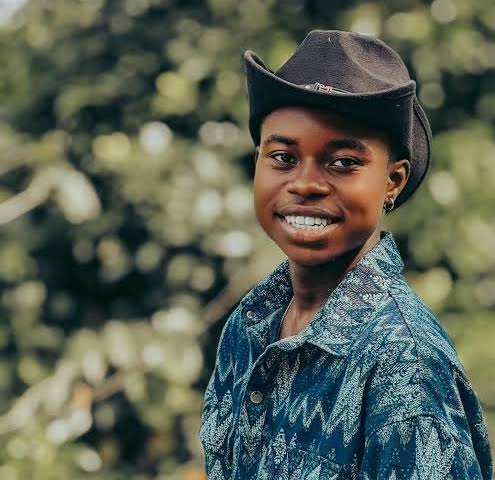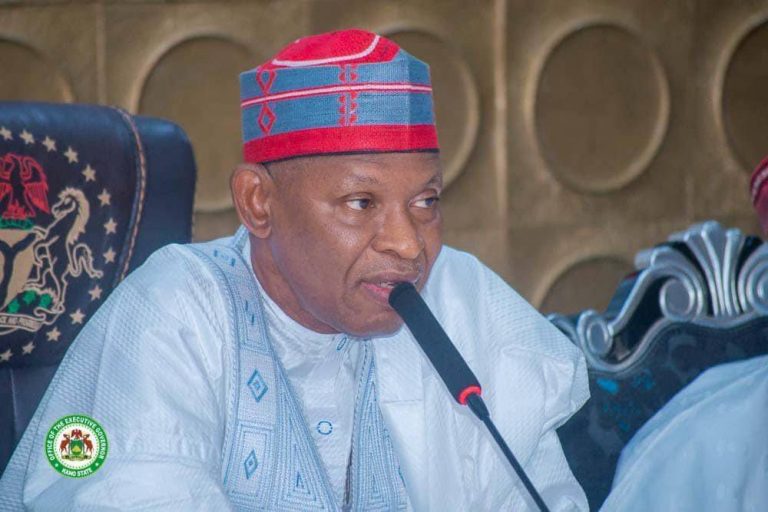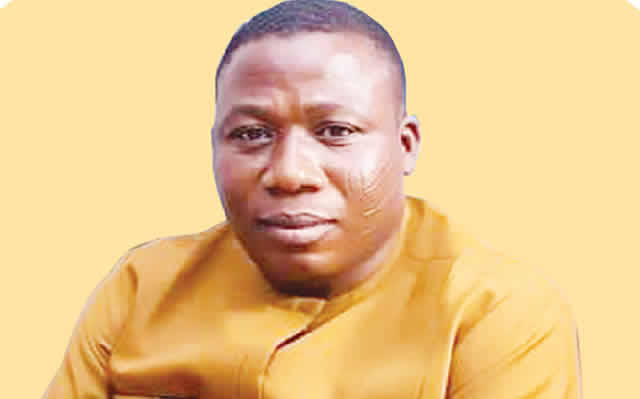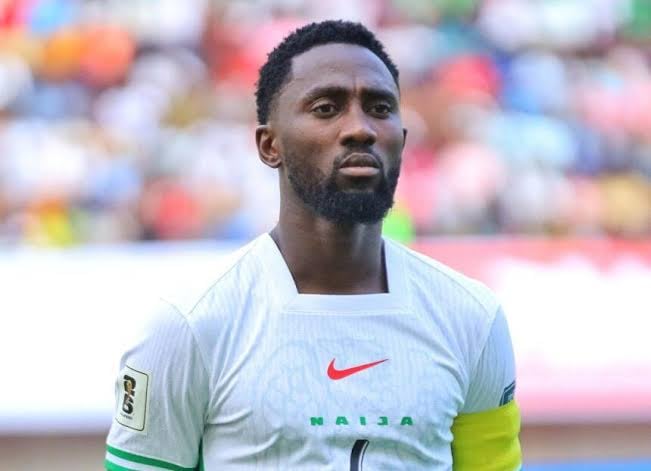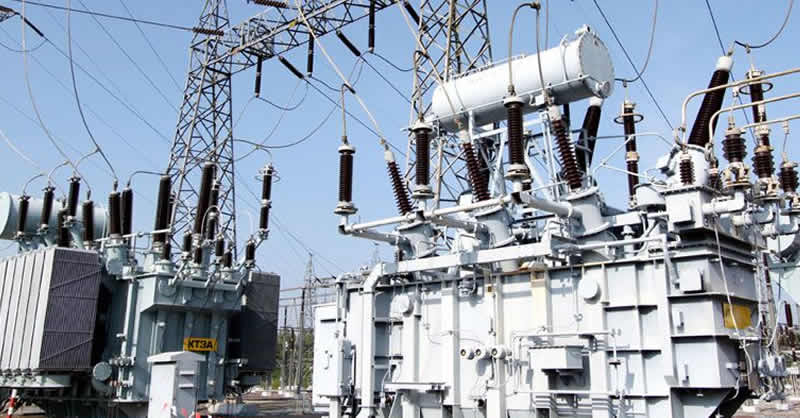TORONTO/SEATTLE – Canada is in turmoil after a controversial invitation to a Nazi-linked Ukrainian veteran during a parliamentary session. The incident, termed “deeply embarrassing” by Prime Minister Justin Trudeau, has stirred debates on the nation’s values and awareness of historical events.
On a visit to the House of Commons, 98-year-old Yaroslav Hunka received a standing ovation following the address by Speaker Anthony Rota, who lauded Hunka as a “hero”. This event coincided with the presence of Ukrainian President Volodymyr Zelensky.
The commendation was met with immediate backlash upon discovery of Hunka’s affiliations with the 14th Waffen-SS Grenadier Division, or the Galicia Division. This voluntary division, mostly composed of ethnic Ukrainians, was under Nazi command during World War II. While members of this division are alleged to have murdered Polish and Jewish civilians, they have not been officially condemned for war crimes.
Rota expressed regret over his decision to honor Hunka, clarifying that the move was solely his. “No one, including fellow parliamentarians and the Ukraine delegation, was aware of my intention or of my remarks before I delivered them,” Rota stated, emphasizing his unawareness of Hunka’s Nazi connections prior to the event.
His remarks spurred a second apology, delivered in person on the House floor, emphasizing the oversight’s gravity. The Canadian Jewish group, the Centre for Israel and Jewish Affairs, responded positively to Rota’s expression of regret but highlighted the importance of thorough vetting in the future.
Yet, repercussions of this error extend beyond a mere oversight. Rota is now facing increasing pressure to resign. Opposition politicians, like New Democrat MP Peter Julian, describe the incident as an “unforgivable error”, signaling a breach of trust within the House.
While Trudeau refrained from demanding Rota’s resignation, he expressed profound disappointment and embarrassment over the incident. In an additional twist, Trudeau’s office vehemently denied rumors of a secret meeting between Hunka and the prime minister.
The international community, especially Poland, reacted sharply to the incident. The Polish Ambassador to Canada expects an apology, condemning the glorification of such figures.
Trudeau also indicated concerns over Russia potentially leveraging this incident to propagate false narratives about Ukraine. Kremlin spokesperson Dmitry Peskov termed the episode “outrageous”, emphasizing the West’s ignorance about World War II events.
Dominique Arel, chair of Ukrainian studies at the University of Ottawa, provides a nuanced perspective. According to Arel, many joined the Galicia Division with aspirations for Ukrainian independence.
With tensions running high, Canada grapples with the implications of this oversight, emphasizing the importance of historical awareness in today’s geopolitical landscape.
Advertisement

